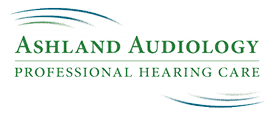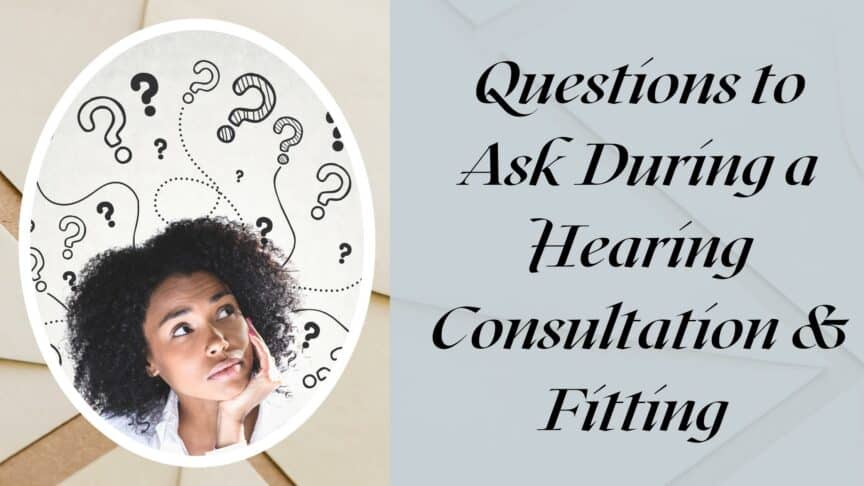It’s an exciting time to be getting ready for your hearing aids! Hearing aids are a critical investment in your long-term health. These devices transform hearing and communication.
Hearing aids take some getting used to since your auditory system has to retrain how to process sounds that you haven’t heard in a long time. Your hearing aid fitting appointment is a significant opportunity to learn everything you can about your new device!
Our knowledgeable staff will customize your device’s recommended settings to fit your individual hearing needs. We’ll also make sure your hearing aids are correctly fitted and walk you through using and caring for your new equipment.
We invite you to ask all of the questions you have or have been considering at this time. Spending some time ahead of time brainstorming a list of questions to ask at your appointment could be beneficial. Here are a few questions you might want to add.
How often do I need to wear my hearing aids?
Hearing aids should be worn constantly throughout the day by people who have hearing loss. This improves hearing in all contexts, which is essential for communication, spatial awareness, and the capacity to finish chores and errands, among other things.
However, it can be difficult to acclimatize to hearing aids when you first start using them. This is due to your ears and brain absorbing and digesting noises for the first time in a long time. You might feel tired or overworked, and you’ll want to take a break.
This is common; some people will have an easy transition, while others will gradually need to increase their usage. We can talk about it with you and explain how to acclimate to your new hearing aids gradually.
How should I look after my hearing aids?
During your consultation, you will learn how to maintain your hearing aids properly and how to insert and remove them carefully. Hearing aids require regular maintenance to ensure their longevity and sound quality. Hearing aids are long-lasting devices that can last up to 5-7 years. Debris and moisture such as dampness, earwax, and so on can damage your hearing aids, so it is critical to clean your equipment frequently. Make sure to go over cleaning suggestions with your provider. Developing a maintenance program can be beneficial, so inquire about that as well!
What do I need to know about hearing aid batteries?
Disposable or rechargeable batteries are used in all hearing aids. It’s critical to understand when your hearing aid requires new batteries or recharge. There are several ways to change the batteries in your hearing aids, depending on the type of battery supply. You can talk to us about battery life and find out when to replace your battery.
What does my hearing aid warranty cover?
Hearing aids, like other technological gadgets, usually come with a warranty plan. Repairs, damage, and loss are frequently covered under warranty plans.
It’s critical to comprehend the specifics of your warranty coverage. This includes what your hearing aids’ manufacturer covers and for how long. You might be able to extend your warranty plan, giving you coverage for a longer length of time. These are some good questions to ask during your fitting. We may also give you more information about the warranty and the types of services you could require in the future.
What does follow-up care look like?
During your hearing aid fitting visit, you will learn how to get the most out of your hearing aids. Your hearing and overall user experience will be improved by understanding the various settings, technologies, features, and options accessible. A follow-up session is rarely necessary after you have this information and your hearing aids are correctly fitted.
It’s essential, though, to make an appointment if you notice any problems with your hearing aids, such as feedback or other noises.
How do you know what hearing aid is right for you with so many choices? We pride ourselves on offering hearing tests and consultations, which allows us to determine whether you are a candidate for hearing aids. Contact us today to schedule your hearing aid consultation.

